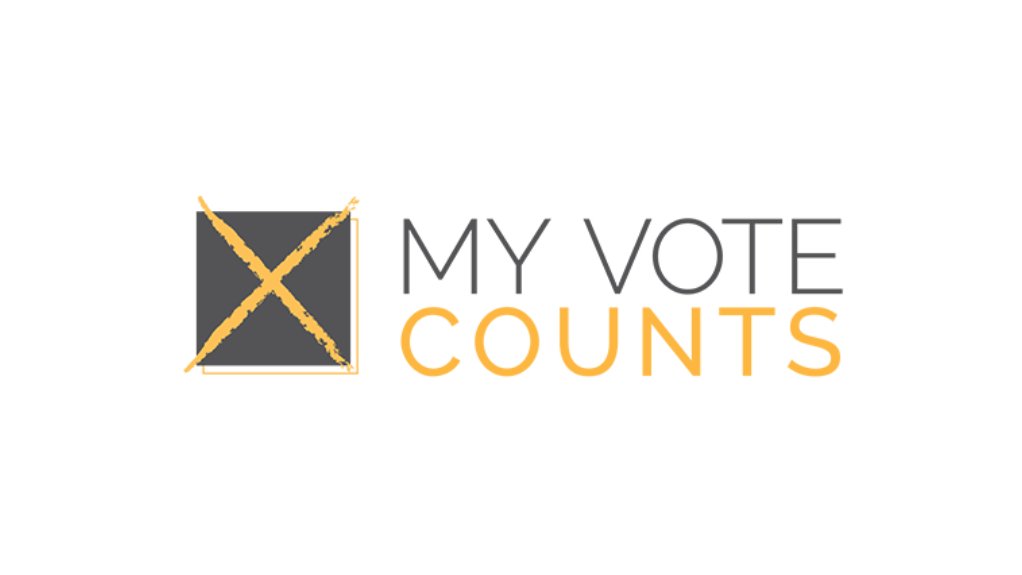Civil society organisation My Vote Counts (MVC) pointed out on Tuesday that while party funding transparency has improved, there are still legislative gaps and implementation issues that need to be remedied to ensure it is a more transparent and accountable party funding system.
In April, the Electoral Commission of South Africa (IEC) published its Annual Political Party Funding Report, which covers the reporting period April 1, 2023 to March 31, 2024, and which provides detailed information about the private and public sources of parties’ funding during the reporting period, which fell just before one of the most consequential elections in South Africa’s democratic era.
In response, MVC released its analysis of the IEC report, which highlights key takeaways and anomalies that require further clarification, and unpacks what the IEC’s report reveals about the efficacy of South Africa’s political funding regime.
“We only know about the sources of approximately a third of parties’ private funding, and we have almost no information about parties’ lending activities, ‘other income’ streams, and spending habits (only expenditure of the IEC allocation is required to be disclosed),” MVC pointed out.
Its analysis shows that parties received a total of R3.2-billion in private and public funding, which was a significant increase on the R2.03-billion received in the prior reporting period.
“Of this amount, the ANC received R1.7-billion, the Democratic Alliance R645-million and the Economic Freedom Fighters (EFF) R310-million. While the African National Congress (ANC) received more private funding than any other party, this was not due to donations: an alarming proportion of the ANC’s private funding is categorised as ‘other income’, leaving the public largely in the dark about the sources of its private funds. The significant loans which were granted to the EFF, Rise Mzansi, ActionSA and the ANC should not go unnoticed either,” it pointed out.
The organisation said this limits the public’s ability to monitor and mitigate the influence of private interests on politics, and precludes them from critically evaluating the current model of political funding and its suitability for the South African context.
Last month, President Cyril Ramaphosa issued a proclamation to double the disclosure threshold and upper donations cap to R200 000 and R30-million respectively.
“… we are at risk of returning to an era of greater secrecy in party funding. MVC’s analysis and the IEC’s report underscore just how far we have to go in efforts to develop a regulatory system that limits the influence of money over our politics and ensures greater transparency in political funding,” MVC warned.
Click here for full Report.
EMAIL THIS ARTICLE SAVE THIS ARTICLE ARTICLE ENQUIRY FEEDBACK
To subscribe email subscriptions@creamermedia.co.za or click here
To advertise email advertising@creamermedia.co.za or click here











